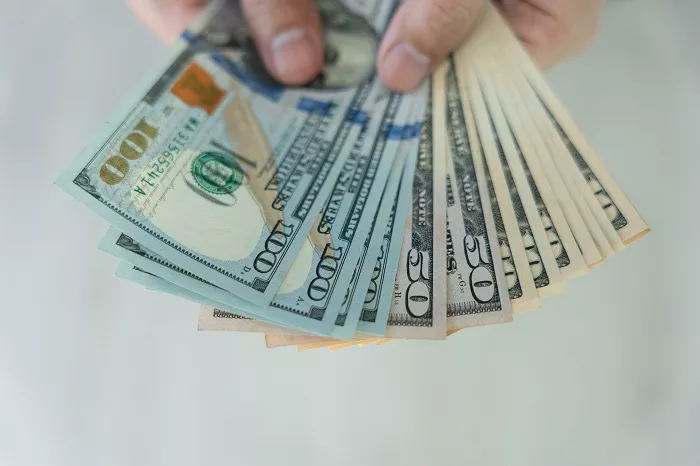Wealth among the world’s billionaires surged at an alarming rate in 2024, outpacing previous growth figures by threefold, according to a report released by Oxfam International on Monday. The findings come as global political and financial elites gather in Davos, Switzerland for the annual World Economic Forum.
Oxfam’s latest study on global inequality paints a stark picture, predicting that the number of trillionaires could reach five within the next decade—far more than the single trillionaire anticipated just a year ago. The report underscores a growing economic divide, with billionaires’ fortunes expanding rapidly even as poverty levels remain stagnant. Oxfam also aligns with President Joe Biden’s recent remarks about the dangers of extreme wealth consolidation, asserting that the current system disproportionately benefits a small elite.
The report, titled Takers Not Makers, suggests that the wealth of the world’s billionaires grew by an eye-watering $2 trillion in 2024, or $5.7 billion every single day—three times faster than in the previous year. As the number of billionaires rose by 204, to a total of 2,769, the richest individuals saw their fortunes balloon by nearly $100 million daily, Oxfam notes.
While the ultra-wealthy continue to thrive, the situation for the global poor remains largely unchanged. Oxfam draws on World Bank data to highlight that the number of people living on less than $6.85 a day has barely shifted since 1990. The group also draws attention to the growing concentration of wealth within a select few, with over 60% of billionaire wealth derived from inheritance, monopolistic practices, or political connections.
Oxfam’s call for action is aimed squarely at global governments, urging them to implement higher taxes on the wealthiest individuals, break up monopolies, regulate corporate excesses, and ensure that workers receive fair wages. The advocacy group also expressed concern that many low- and middle-income countries are spending nearly half of their national budgets on debt repayments, exacerbating economic inequality.
As the World Economic Forum opens its doors, around 3,000 attendees—including business leaders, academics, and government officials—are expected to gather in Davos. The event is set to once again focus on economic growth, with particular attention on artificial intelligence and its potential to reshape industries, despite concerns over job displacement.
Among the key issues likely to dominate discussions are the rise of populist leaders, the ongoing wars in Ukraine and Sudan, and the fragile peace agreement between Israel and Hamas. In a survey conducted ahead of the meeting, experts identified global conflicts, extreme weather events, economic tensions, and societal polarization as the leading risks to global stability.
The widening gap between the world’s wealthiest and the poorest remains a point of contention, as protesters advocating for economic equality and higher taxes on the rich have taken to the streets, creating traffic disruptions around Davos.
As the forum begins, it remains to be seen whether its deliberations will reflect a genuine commitment to addressing these disparities or continue to prioritize profit-making and business deals.
Related topics:
How Do I Buy Samsung Stock: A Beginner’s Guide?
How Much Publix Stock Can I Buy?


